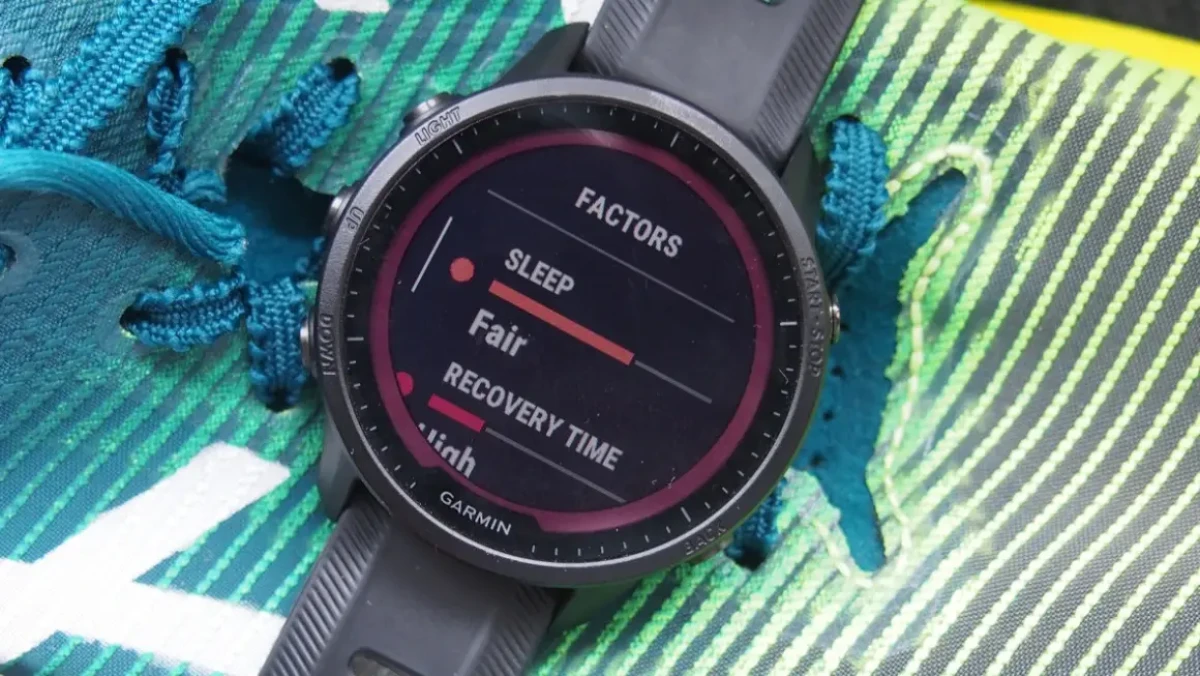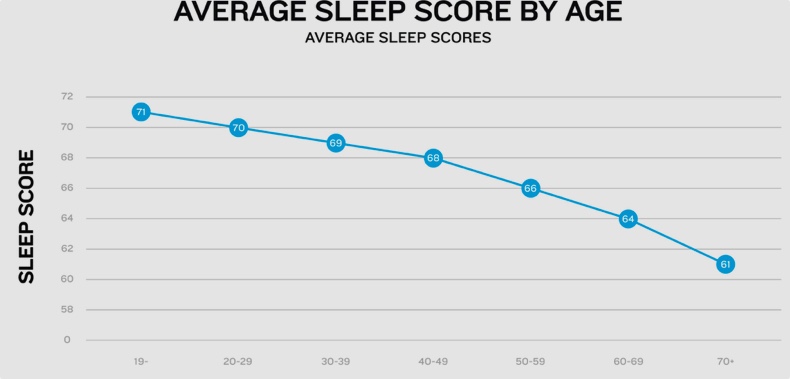
Garmin has revealed some key highlights of its user sleep data – and like the Apple study this week, finds that almost none of us are getting good enough sleep.
Rather than scathing us for not getting our 7-9 hours, Garmin has highlighted how poor the average user’s Garmin sleep scores are.
That’s generated from the advanced sleep tracking found on Garmin wearables with Firstbeat sleep algorithms (which is pretty much all of them).
Of course, sleep duration is the major factor here, and you can’t get a good sleep score without hitting a recommended amount of sleep.
But other external factors will also affect your sleep scores, such as alcohol, screen time, and exercise – so it is a more well-rounded look at sleep quality, if slightly opaque.
So what did we find out?
Well according to Garmin, only 5% of users get 90-100% sleep scores, which is a little reassuring from a personal perspective.
Garmin
But more people got poor (29% get 50-60%) than good (26% get 80-90%), and that’s pretty surprising.
And it’s extra surprising given that Garmin has a more active, and prosumer userbase, that might be expected to be spending more time on their recovery.
In the Whoop end-of-year results, we were firmly in the lower percentages for sleep, with all those PGA professionals and Crossfitters getting their 8 hours. It seems Garmin users aren’t quite as diligent.
The rest of the data didn’t produce many surprises. Women slept slightly better (69 vs 67).
But one interesting piece of data was the extent to which sleep quality drops off as we get older (see graph above). So just take a moment to realize that your best sleep is behind you.
And on that note – have a restful weekend.
How we test
